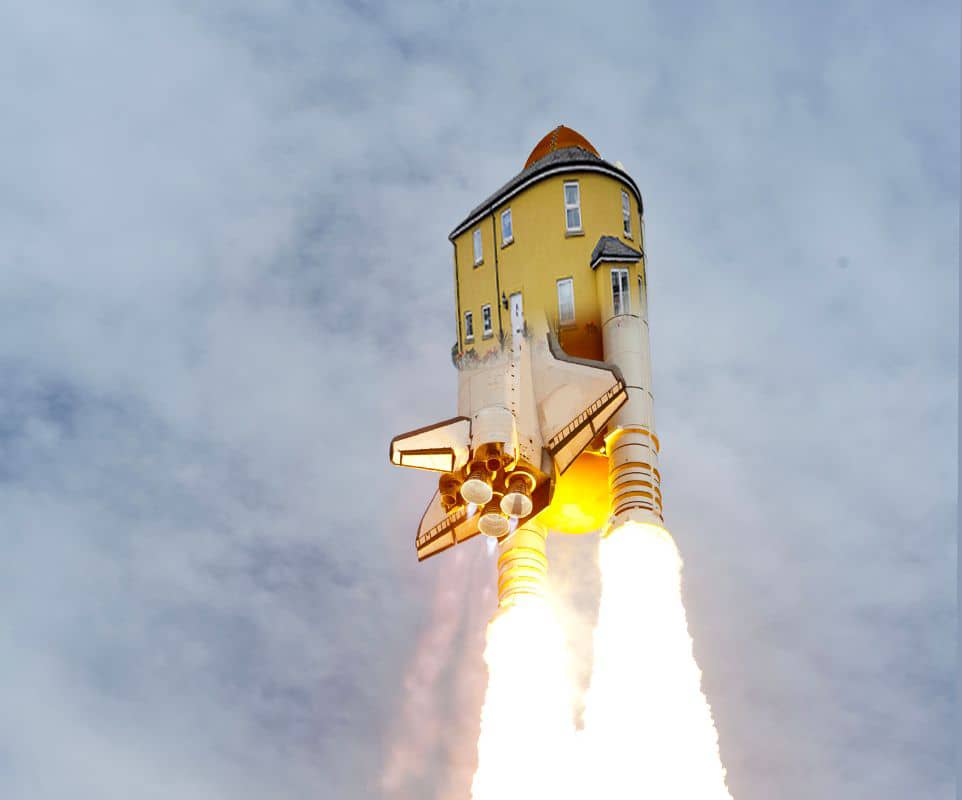Lagos, Nigeria is the commercial capital of Nigeria and home to around 20 million people, according to the Lagos State Government estimates. The World Population Review expects it to double by 2050 despite Lagos being only 1,171 km² big. Due to the increased population as well as land being a finite resource, demand is rising more rapidly than supply. As inflation has gone up in Nigeria, rent has continued to sour and according to Naira Metrics, Half of households in Lagos are spending around 70% of income on rent, this figure is drastic when you consider the common savings rule of thumb of spending 30% of your income on rent. This means that from an individual’s annual income, the permissible spend on accommodation is about one-third of total income. However this doesn’t tend to be the case as across most top cities i.e London, New York the figure tends to stand at about 50%, and whilst people in the cities mentioned above can afford to spend 50% of their income on their home and still live relatively comfortably, this is not the case for Nigerians.

As of last year, the % increase in rent was 50% this has resulted in many professionals and young families in the city struggling to pay rent and we are seeing this in the prices of “Affordable” homes becoming unaffordable when coupled with the fact that landlords are permissible to collect rent up to 12 months in advance or sometimes two years, the ability of prospective tenants to pay is hindered by inflationary trends, which impact the cost of living.
So what are the reasons rent continues to rise? In addition to the increased demand as a result of the rising population and congestion in Lagos another reason rent keeps increasing in price is because everything else keeps increasing in price. Property owners are dealing with price increases in building materials, labor cost, building approvals from the authorities among others and are then putting these costs onto the tenants to make their money back. For example, when the cost of Dangote cement rose from N2,600 to N3,800 this represents a 46% increase when this is calculate across the total cost of cement to build a house, you are left with a large sum, and this is the case for all the other materials required and well as the wages paid for workers building the homes. It’s not only the cost of building that is being factored into these rent increases but the cost of maintaining existing properties. One of the major maintenance/upkeep costs that is affecting Nigerians is the drastic increases in the price of diesel. Diesel prices have increased from around N300 to N800 in 2022 and this figure is projected to double from this point. This has led to many serviced apartments facing a high default level. Several buildings have dropped the hours of usage of generators, with a lot of high-end properties adjusting their 24-hour power promise to run a 7pm-7am generator service; this is becoming the most popular timeline for generator usage.
Whilst these prices continue to rise, of course tenants are unhappy about that but they are also unhappy with the standards of properties they are paying the rent for. According to a Lagos resident, “Rent in Lagos is definitely ridiculously priced.” She argues that apartments are often not worth the prices they go for. “For example, I currently live in a serviced apartment, which really isn’t serviced at all,” she says. “The landlord just takes the service charge and God knows what they do with it. Whenever any of the facilities spoil in the apartment, my housemates and I have to pay for it out of pocket because the facility manager is nowhere to be found.”
It is possible to find cheaper alternatives, however these are not located in the thriving city areas where most companies and businesses set up, and it’s all about location.
Nigerians are brainstorming on what can be done to curb this. Suggestions such as the use of cargo containers to build more affordable homes, but this is a concept still alien to Nigerians. While it is a good idea for temporary housing, it might not be suitable for long-term accommodation. Another suggestion is the monthly payment strategy. Meaning annual rent is fractured into monthly or quarterly payments and some extra money is included, this could incentivise landlords and also help tenants plan better financially. So, an N800,000 rent that should amount to N66,666.66 per month could become N70,000 per month, a 5% increase in monthly income for the landlord and a marginal increase for the tenant.
In conclusion, the cost of rent is rising faster than Nigerians can cope with and if a handle isn’t gotten on it soon it can lead to even greater socioeconomic problems than those we are currently facing.

